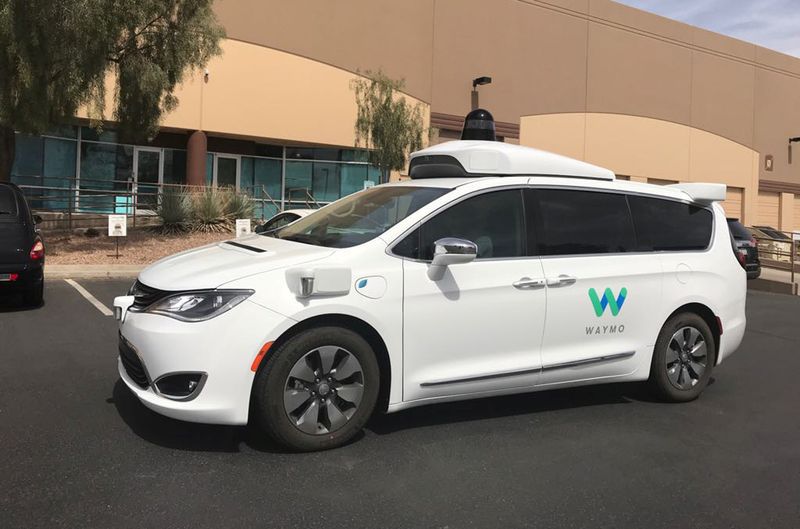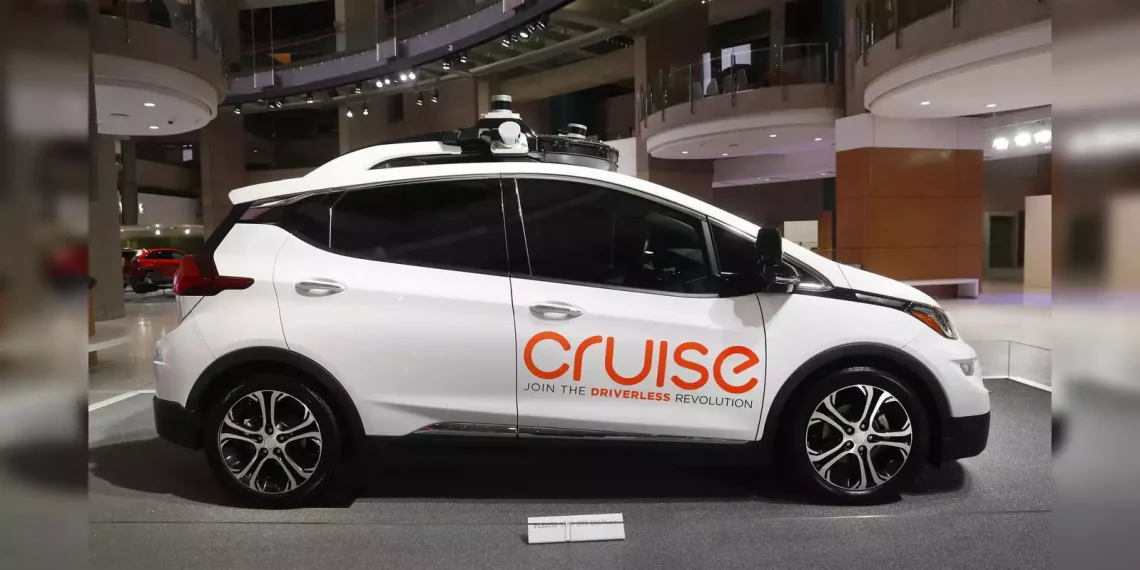In 2023, completely autonomous vehicles in California covered a substantial 3.3 million miles, marking a significant surge from the previous year. Key players General Motors’ Cruise and Alphabet’s Waymo were major contributors, accounting for 63% and 36% of these miles, respectively, without safety drivers. However, this notable progress was shadowed by a Cruise robotaxi accident that led to a nationwide suspension of operations.
Data from the state’s Department of Motor Vehicles (DMV) indicated that autonomous tests with safety drivers increased from 5.1 million to 5.7 million miles. The allure of self-driving technology lies in its potential safety benefits compared to human drivers, who may engage in risky behaviors like driving under the influence or distracted driving.
Despite the positive strides, concerns persist, particularly in San Francisco, where residents, city agencies, and some labor unions criticize robotaxis for disrupting traffic and posing risks with erratic driving and abrupt stops.
Following the Cruise accident, the DMV suspended testing and deployment permits for the company, which is now under various investigations, including one by the Justice Department.

Currently, 38 companies hold permits for testing autonomous vehicles with safety drivers. Six of these companies, including Waymo, Amazon’s Zoox, Baidu’s Apollo, and startups Nuro, WeRide, and AutoX, have been granted permits for driverless testing.
Additionally, there is growing apprehension about Chinese companies conducting autonomous vehicle tests, leading to calls for increased transparency regarding data collection and storage practices.





